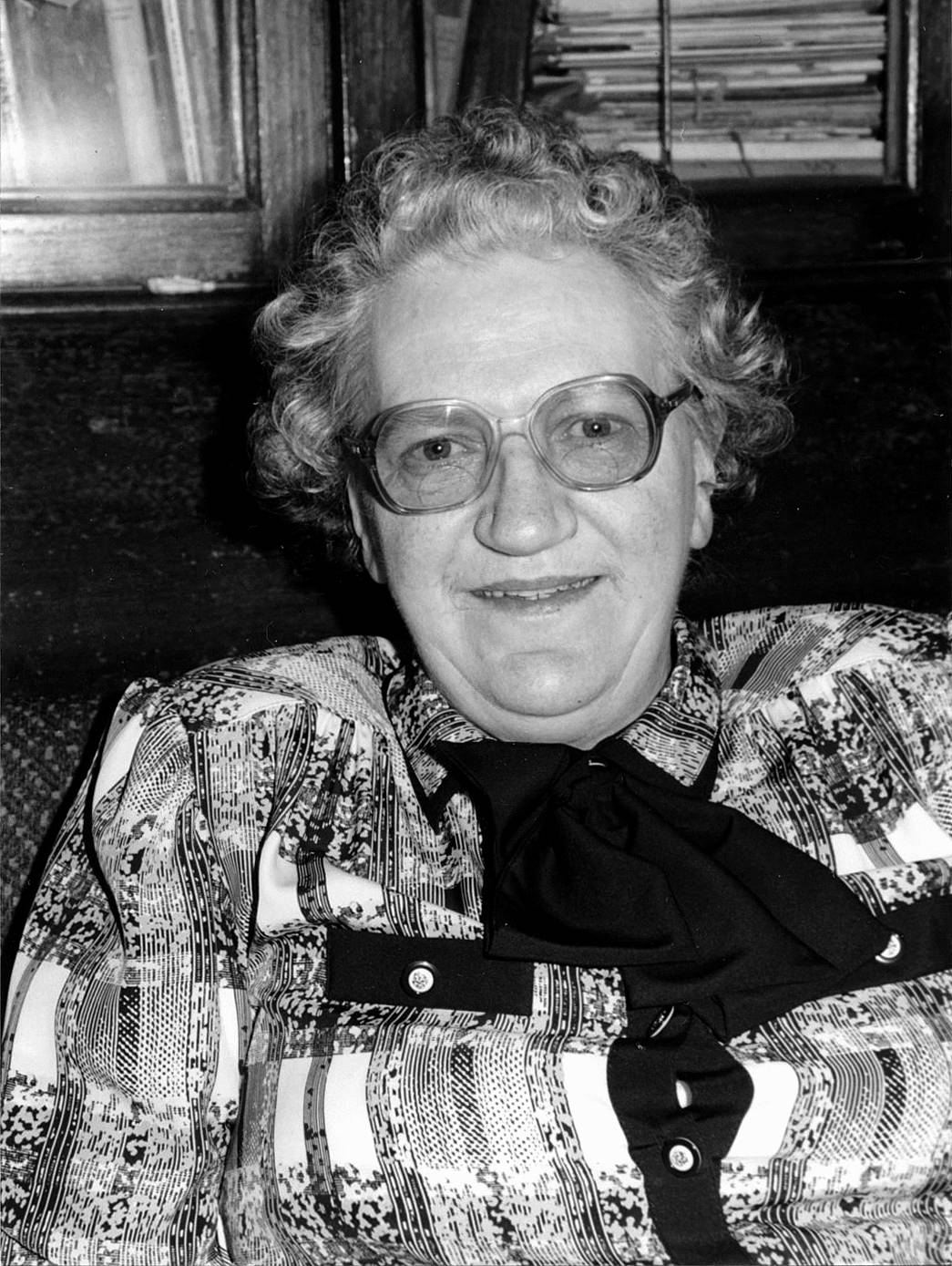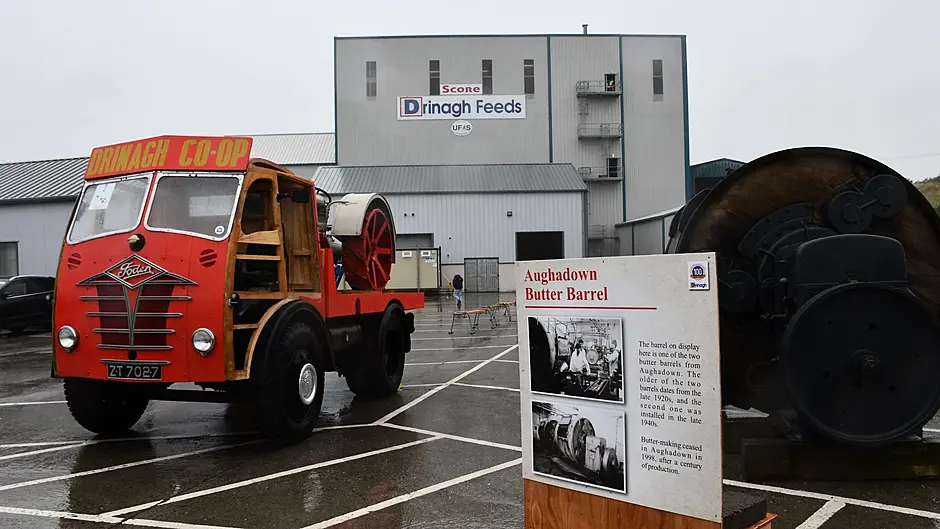A BOOK on the fascinating history of Drinagh Co-Op will be launched on Wednesday November 1st, at the West Cork Hotel in Skibbereen, at 8pm.
Drinagh Co-operative Creamery Limited was founded in 1923 and is celebrating its centenary with the Society officially registered as a co-operative on November 13th, 1923.
This thorough history, 100 Years of Drinagh Co-operative Creamery Limited, by Philip O’Regan, tells the remarkable story of Drinagh.
In 1923, Ireland was just emerging from a period of extraordinary turmoil which culminated in the War of Independence and Civil War. Ireland was still a rural, peasant society. Poverty was endemic and emigration was still a blight on the fabric of rural Ireland. The agricultural industry was practically the only one existing. Butter and eggs were among its chief national assets.
 Robert Levis, who was the first secretary of Drinagh, and who played a key role in the establishment and early development of the Society.
Robert Levis, who was the first secretary of Drinagh, and who played a key role in the establishment and early development of the Society.
However, the dairy industry was in crisis. One of the responses to this was the introduction of the creamery system into Ireland.
Drinagh Co-operative Creamery Limited was founded in 1923 with its primary business being the manufacture and sale of butter. Situated in what was then one of the most disadvantaged areas of the country, from the outset Drinagh defied the odds and exceeded all expectations. The founding of the Society sparked an economic and social revolution in west Carbery.
Fr John Crowley was the driving force behind the founding of the co-operative creamery in Drinagh, but he had strong local support. In particular, the members of the first committee of management were all active in the affairs of the Society in the early years. Clearly also, the farming community in Drinagh supported the ethos and aims of the co-operative movement.
Having been established initially to serve farmers living or farming within a radius of seven miles of the Catholic church in Drinagh, the Society quickly expanded and by 1930 it had six auxiliary creameries opened and had a substantial store and egg-buying business.
In 1932, Drinagh purchased a small crushing and grinding mill and continued to expand its creamery network and by the end of the decade had opened a further nine branches and had grown to a level scarcely imaginable by its founders.
Transport costs militated against the establishment of creameries in areas such as West Cork, as the milk supply was geographically dispersed among a multitude of small producers in remote areas. But Drinagh overcame this and many other obstacles to become a thriving concern. The ethos and spirit of co-operation was very much part of their operating model.
 Anne Ellis was elected to the committee of management of Drinagh in 1949. She was the first woman on the committee, and she served as a member for 50 years. Her father Robert Ellis was a founder member of the Society.
Anne Ellis was elected to the committee of management of Drinagh in 1949. She was the first woman on the committee, and she served as a member for 50 years. Her father Robert Ellis was a founder member of the Society.
In 1956, Drinagh had a turnover of £1m and was only the fourth co-operative in the country to achieve that milestone.
In 1957, the name of the Society was changed to ‘Drinagh Co-operative Limited’ by deleting the word ‘Creamery’ from its designation. This was to reflect more accurately the changing nature of the business as it evolved into a more multi-purpose co-op. In 1960, Drinagh had a staff of 166 and was one of the largest employers of labour west of Cork City.
In 1965 Drinagh played a key role in the establishment of Carbery which was a joint venture between the four west Cork creamery co-ops and Express Dairies, UK. In 1992, Carbery became fully owned by the four west Cork co-ops with Drinagh being the largest shareholder with a 39% share.
In the 1970s, two events occurred which were to have a huge impact on Drinagh. In 1973, Ireland became a member of the European Economic Community (later the EU) and in 1975, the Society acquired the Aughadown Cremeries Group and Castletownbere creamery from the Dairy Disposal Company. This acquisition added a further 11 branches to Drinagh’s network to bring the total up to 29.
Diversification of the milk industry brough great change from the 1970s. Separation of milk at the branches ceased and all milk was transported directly to Carbery. Drinagh ceased their butter-making operation at Central in 2000. Most of the activity at Central is now centred on the mill which has grown exponentially over the past few decades. The latest extension in 2018 enabled the mill to double its annual output.
In recent years the business of Drinagh has diversified further with the provision of a number of large outlets in Skibbereen, Dunmanway, Bantry, Castletownbere, Lowertown, and a major expansion to Drinagh Central Hardware. Drinagh opened its first pharmacy in Skibbereen in September 1997 and has since added a further four pharmacies to its network at Dunmanway, Bantry, Schull, and Ballineen. The Pharmacy division is now a key element in Drinagh’s business.
Drinagh has contributed an extraordinary amount to the economic and social life in west Carbery over the past 100 years. It is a co-operative in the truest sense of the word – it is of the community, and it is for the community. Whatever challenges the dairy industry will face in the next decades, and they will be many and varied, Drinagh is in a strong position to lead the way for its shareholders and the community in west Carbery.
• All are welcome to the book launch at the West Cork Hotel on November 1st.
 The cover of the fascinating new book on 100 years of Drinagh.
The cover of the fascinating new book on 100 years of Drinagh.







